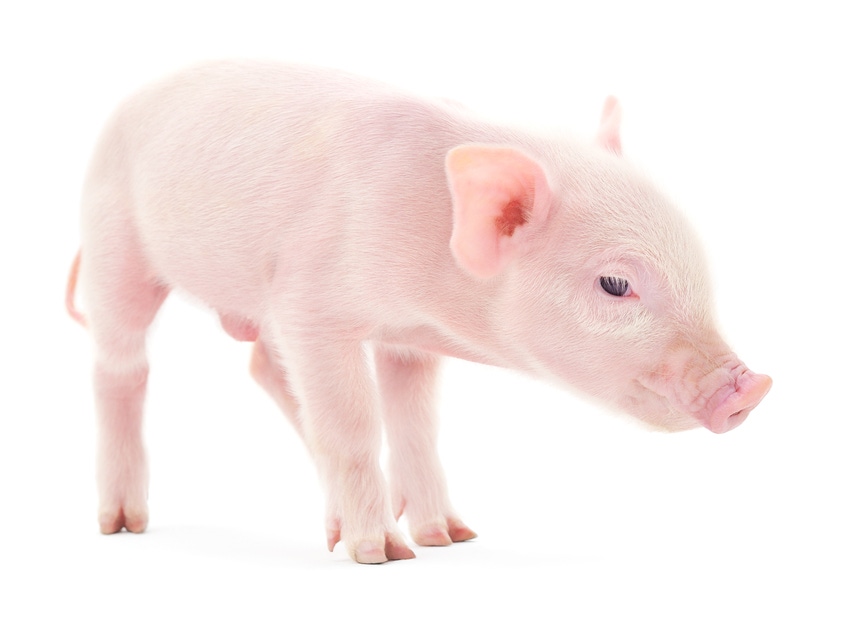Project to provide medical research community with gene-edited swine models to closely mimic osteogenesis imperfecta disease.
October 9, 2019

Recombinetics announced a collaborative research project with Mayo Clinic to advance osteogenesis imperfecta (OI) research by developing the first-ever swine models of OI.
According to the announcement, these models will help preclinical researchers better understand disease etiology and progression and provide a reliable preclinical model for establishing the safety and efficacy of new therapies needed by patients with OI.
Also known as “brittle bone disease,” clinical manifestations of OI vary from a mild increase in fractures to severe bone deformities, hearing loss and death in the neonatal period. To date, no treatment corrects the underlying cause or alleviates the complications of OI.
Currently, Recombinetics said research in OI is hampered by mouse models that do not fully recapitulate the disease as it is seen in patients and have been poor predictors of clinical efficacy. Providing the research community with gene-edited swine models that more closely mimic the human disease could lead to better treatments and understanding the natural progression of bone mineralization after currently available therapeutics, Recombinetics said.
Project efforts will be led by Dr. Adrienne Watson, Recombinetics vice president of research and development, and Dr. David Deyle with Mayo Clinic. The project is partially funded by an small business innovation research grant from the National Institutes of Health.
Source: Recombinetics, which is solely responsible for the information provided and is wholly owned by the source. Informa Business Media and all its subsidiaries are not responsible for any of the content contained in this information asset.
You May Also Like


.png?width=300&auto=webp&quality=80&disable=upscale)
